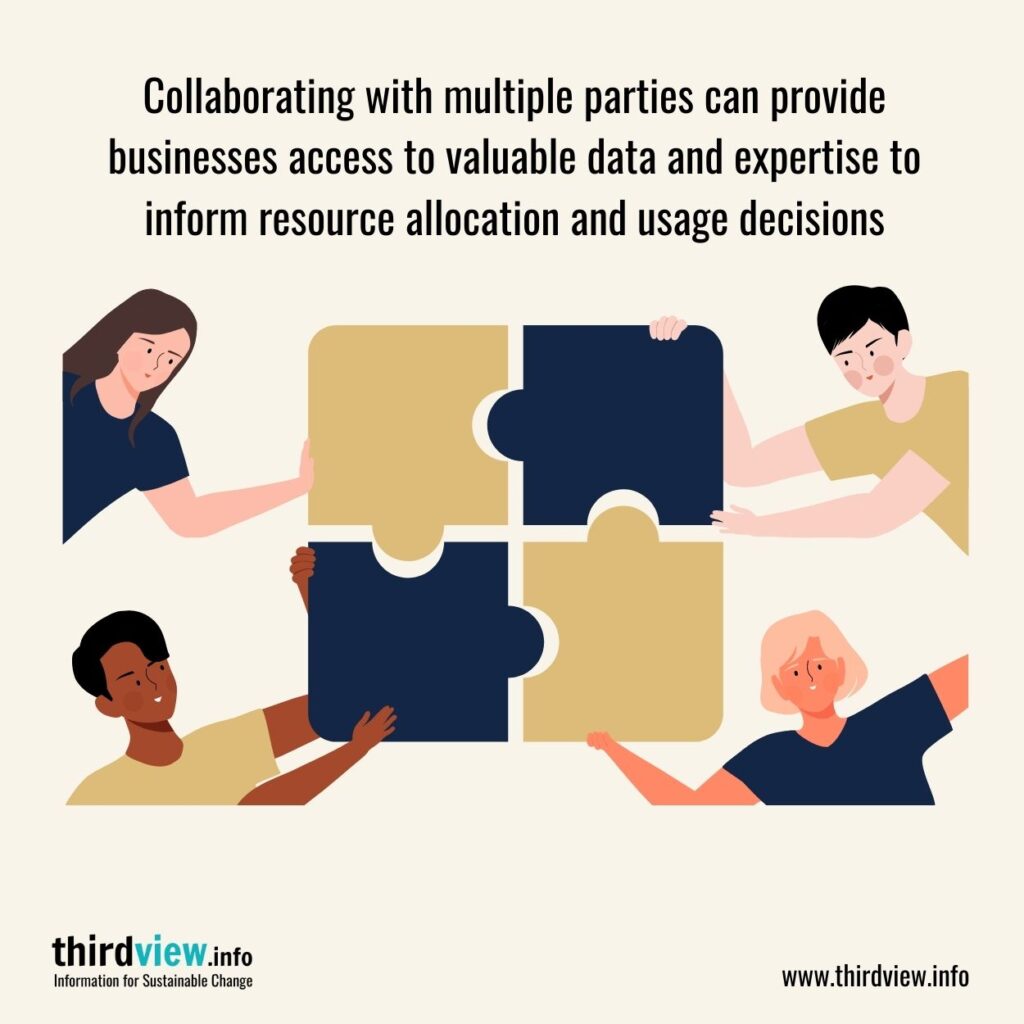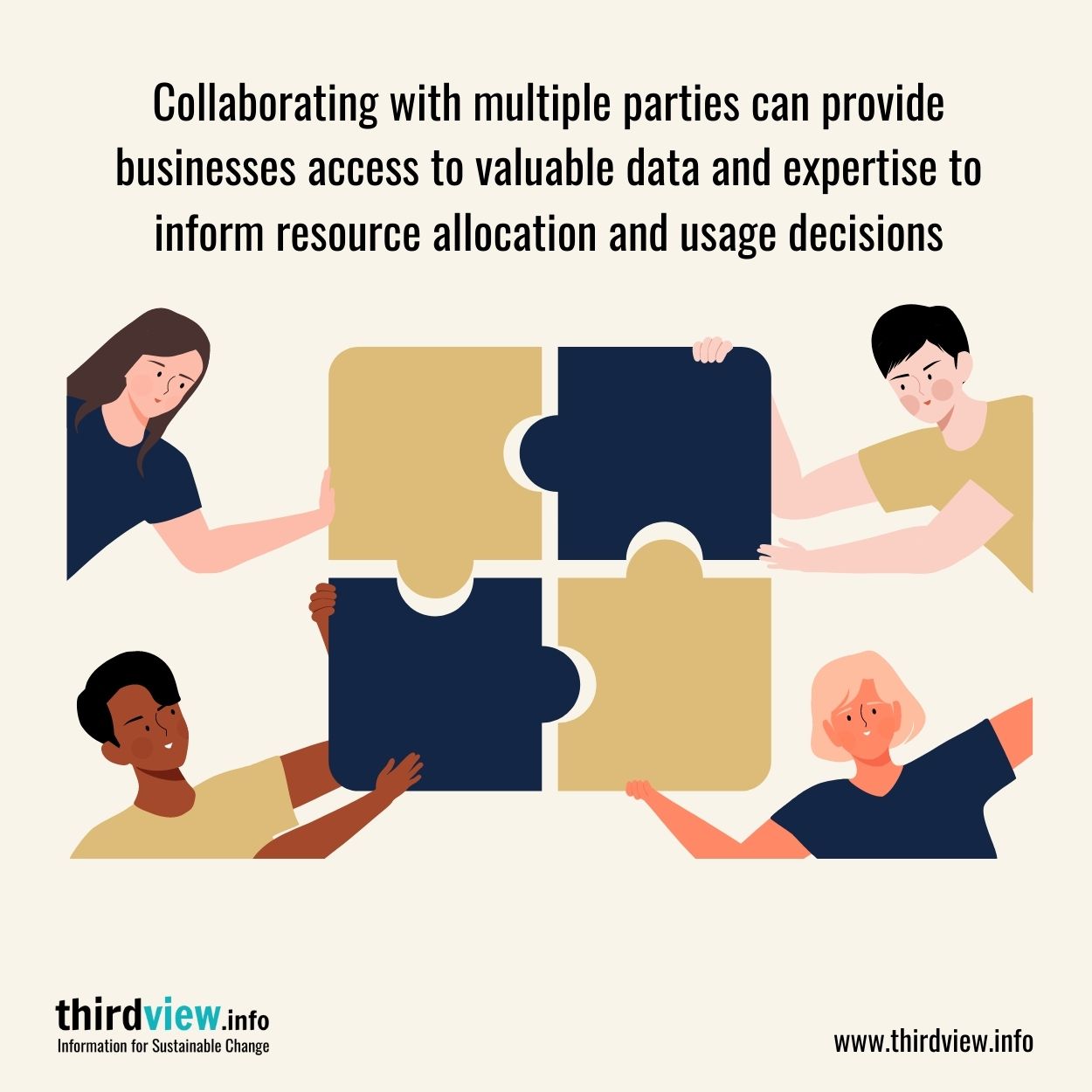In this era of accelerating climate change, it is essential for businesses to consider how they can use their resources and engage stakeholders in order to ensure environmental sustainability. By exploring creative and collaborative approaches to resource management, businesses can create positive environmental outcomes and make a genuine impact on the world around us.
Why Engage Stakeholders?
Engaging stakeholders is an important part of any business’s strategy when it comes to resource management and sustainability. Involving key players such as suppliers, partners, customers, and other organisations helps to ensure that everyone has a shared understanding of the goals and objectives being pursued. It also provides a platform for open communication and collaboration which enables creative solutions that could not be achieved by one organisation alone. Additionally, engaging stakeholders allows organisations access to valuable data which can inform decisions about resource management and help them achieve their sustainability objectives.
How Can Creative Ideas Help?
Creative ideas play an important role in maximising environmental sustainability through resource management. Creative problem-solving encourages out-of-the-box thinking which can lead to new solutions that are more effective than those based on traditional methods. For example, using alternative materials or processes may reduce waste or emissions; introducing renewable energy sources may increase efficiency; or implementing innovative strategies like circular economy models may provide long-term sustainable solutions for businesses. These types of strategies often require collaboration between multiple stakeholders who bring different expertise to the table – something that simply would not be possible without engaging with them first.
In conclusion, engaging stakeholders is an essential part of any business’s plan towards achieving environmental sustainability through effective resource management. By creating an open platform for dialogue between multiple parties, businesses have greater access to knowledge and expertise which can help inform decisions about resource allocation and usage. Additionally, exploring creative ideas can provide unique solutions to common problems while helping maximise environmental outcomes in the process. With these two factors working together in harmony, businesses have a powerful toolkit at their disposal with which they can truly make a difference in this era of accelerating climate change.


